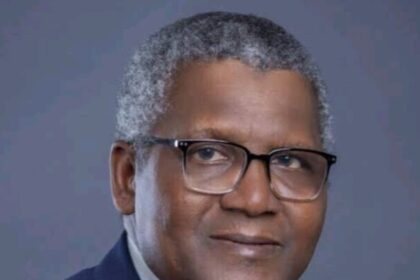The Senate has urged the Central Bank of Nigeria (CBN) to “considerably adjust its recent cash withdrawal limit policy in response to public outcry” against the move.
The Upper Chamber also mandated its Committee on Banking, Insurance and Other Financial Institutions to “continue to embark on aggressive oversight of the (apex) Bank on its commitment to flexible adjustment of the withdrawal limit and periodically report outcome to the Senate.”
The Senate also resolved to “support the CBN in the continuous implementation of transformational payments and financial industry initiatives in line with its mandate in accordance with the CBN Act.”
These resolutions of the Senate followed its consideration and approval of the recommendations contained in a report by its Committee on Banks, Insurance and other Financial Institutions on the recent cash withdrawal limit of the CBN.
The CBN, by the policy, placed a limit on cash withdrawals to N20,000 daily for Point Of Sale terminals; N100,000 weekly for private individuals and N500,000 for organisations and corporate bodies weekly, respectively.
However, the policy has continued to face criticisms from a cross-section of Nigerians who believe that it is not only “punitive” but “unsustainable.”
The House of Representatives had rejected the policy and called on the CBN to stop its implementation.
The apex bank had said the move would help curb inflation, insecurity and corruption apart from having a beneficial effect on the nation’s economy.
Some Senators, during their contribution to the debate on the policy on Wednesday opposed the policy while others supported it.
Senators Yusuf Abubakar Yusuf, Francis Ailimikhena and Biobarakuma Degi-Eremienyo support the policy and called on Nigerians to allow it to thrive.
However, Senators Orji Kalu, Adamu Aliero, Mohammad Adamu Bulkachuwa, Biodun Olujimi, Hassan Haidejia, Chukwuka Utazi, Stella Oduah, Francis Fadahunsi and Kabir Barkiya, among others, opposed the policy.
Some of them argued that even though the policy is targeted at the elites, it would have detrimental effect on the rural populace.
They insisted that the timing of the policy was wrong in view of upcoming general elections and the quantum of money needed by candidates for logistics during campaigns.


